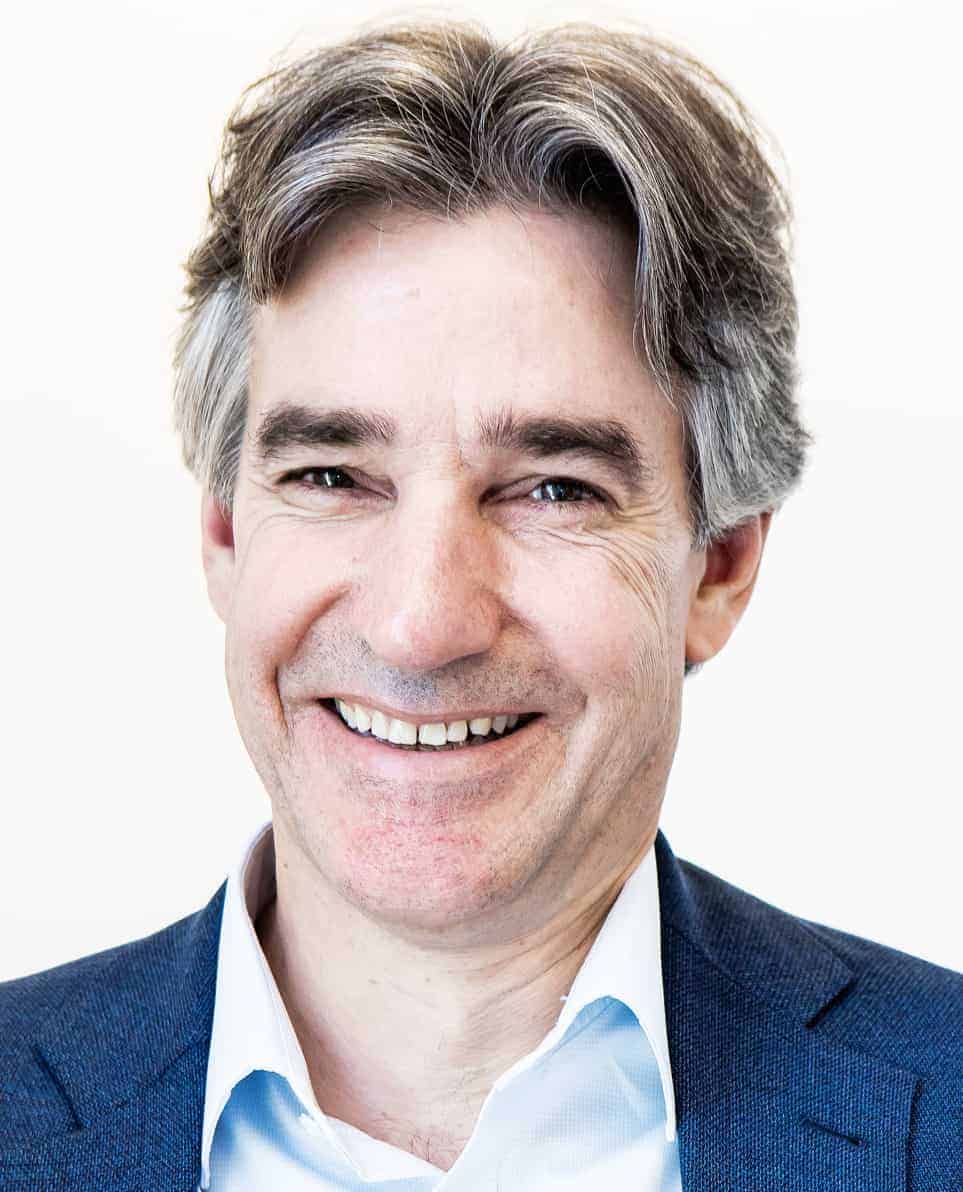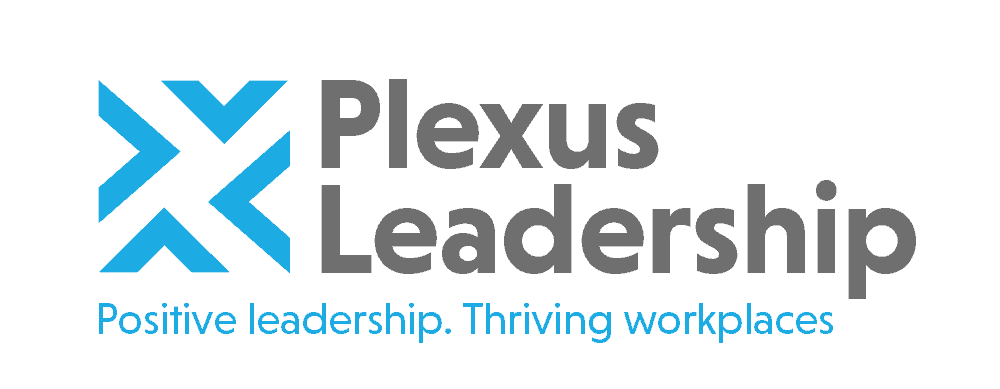Trying to pinpoint habits that can be learned by any leader in 3 weeks is always a bit tricky, as every leader will have different baseline levels of competence and their learning styles differ hugely. Some are curious and fast learners who like to experiment with new ways of doing things while others are less comfortable moving outside their comfort zone to try different approaches. However, based on decades of experience working with leaders across most sectors, I have identified 5 super-habits that can be learned by almost any leader in just 21 days. Yes, that’s right, just 21 days is all it takes to become a more effective leader.
Clarify your purpose
Leaders without purpose are like rudderless ships, they are unlikely to achieve any significant destination or breakthrough successes. Clarifying your purpose will help establish your ‘true north’ and provide you with the meaning and sense of identity you need to be a great leader. Spend time thinking about what you’d ultimately like to achieve as a leader – what personal and career goals will it help you achieve? What contribution would you like to make to the team, the business and your customers? What would you like people to be saying about you as a leader in 2-3 years’ time? What would you like them to say at the end of your career?
Ask powerful questions
Asking powerful questions is natural to most of us when we’re kids, it’s driven by our natural curiosity about the world and inner desire to grow. However, adults often lose this skill when they move beyond childhood. Yet powerful questioning is at the heart of great leadership. It separates great from average leaders and underpins effective coaching, influencing and connecting with people at a deeper level.
Part of the art of questioning is crafting your own powerful questions. In doing so, keep your question clear and straightforward. Questions starting with “what”, “when”, “where” and “how” are more powerful than why”, as the latter can imply judgement or criticism.
Don’t be afraid to ask challenging questions provided they are constructive and focused on the task rather than the person. Sometimes it pays to act ignorant in order to pose breakthrough questions.
Start asking more questions and watch your influence, coaching impact and ability to inspire others grow to new heights.
Get to know people better
Great leaders care about the people they work with. They make a special effort to get to know them at a personal, as well as professional level. You can do this by making a point of asking people to share more about themselves, their aspirations and talents and their lives outside work. Ideally, this should go beyond the obvious “how was your weekend?” type of questions which won’t give you much insight about your people. Better questions include: “What are your hobbies and interests?”, “What’s been your highlight during the past 3 months?”, “Where do you most like to go on holiday?”, “What tasks energise you the most at work?”, “What career goals would you like to achieve in the next 2-3 years?” and “What are you most proud of?”. You can also ask some fun questions such as “If you could choose any superpower what would you choose and why?” or “Which celebrity would you most like to have dinner with and why?”.
It is also important to remember that sharing is not a one-way street. The more you disclose about yourself, including your hobbies, interests, aspirations and even vulnerabilities, the more others are likely to share with you. Honest personal disclose builds trust and trust leads to further sharing and deeper connections.
Invite feedback
Leaders are used to giving feedback to their direct reports. However, few invite regular feedback from their peers, direct reports and other key stakeholders. In the next 21 days, use these 3 easy questions to get powerful feedback: What should I do more of? What should I do less of? What 2-3 recommendations can you give to help improve my leadership?
However, don’t expect honest feedback if you haven’t created a safe environment for candid and open feedback. Any defensiveness, emotional kneejerk reactions or recriminations associated with critical feedback will only cause people to clam up. So, listen carefully, clarify any points that require further explanation, thank the feedback giver and encourage them to continue to act with candour.
Spot the positives
Every person wants to feel valued and appreciated. However, most leaders are conditioned to focus more on the negatives than on the positives – what psychologists call the “negativity bias”. It is therefore important for leaders to consciously learn to spot people doing positive work, improving their performance and going above and beyond to achieve team goals. By giving positive feedback and praise, leaders will earn trust and respect and build a culture where people are highly motivated to outperform.
During the next 21 days try giving at least one team member (or another stakeholder) recognition or praise. Repeat this every day. This start with re-training your mind to spot strengths, successes and acts that go beyond required standards. Don’t just celebrate big wins. Remember that long before they win medals and press plaudits, every Olympian starts their sporting career by achieving successively better ‘personal bests’ with encouragement only from their coach, family and teammates.
Finally, remember that great leadership is about multiplying the talents and potential of your team members to achieve business goals and a better future together. Therefore, it involves knowing when to back off, to get out of the way, and empower people to decide how to do things for themselves and test the boundaries of their capabilities. Your role is that of encourager, coach, culture-builder, pathfinder and problem-solver when blockers arise.
Are there any habits you would add to the list? Let’s expand the conversation so we can help every leader improve their effectiveness in a practical and efficient way.
Want to find out how we can help your organisation? Contact us now for an obligation free chat.
Other Posts

About the Author
James Brook
Founder and MD | Leadership Consultant | Organizational Psychologist
James is a leadership consultant, organizational psychologist and executive coach. He has over 25 years’ experience working with leaders, teams and organizations globally to optimize their performance, talent and future success. He specializes in positive leadership, thriving workplaces, collaboration and influencing, organizational change and transformation, accelerating innovation and coaching executives and leaders in innovative sectors including Tech, Digital, E-commerce and Life Sciences.
Before setting up Plexus Leadership, James held leadership roles in HR and Talent Management in the UK and abroad with companies such as NatWest, Yahoo! and Novo Nordisk Pharmaceuticals. After this, he founded and led several talent and leadership consulting and assessment businesses, including Strengthscope®, an online strengths assessment and development business serving a wide range of UK and global clients. James grew this venture into a global market leader before selling the business in 2018.
James has supported, advised and coached leaders and teams globally across diverse industries and geographies. Clients he has worked with include Allen & Overy, Commvault, Equinor, Facebook, GSK, Hilton, John Lewis, Novartis Pharmaceuticals, NHS, Oracle, Sainsbury’s, Swiss Re, Tesco, Takeda Pharmaceuticals, WSP and Yahoo!.
James has a Master’s in Organizational Psychology, an MBA, an Advanced Diploma in Executive Coaching and a Harvard Business qualification in Sustainable Business Strategy. He is a member of the Institute of Directors, the Association of Business Psychologists and a Fellow of the Chartered Institute of Personnel and Development (FCIPD). He is currently undertaking a PhD in Organizational Psychology examining the start-up experiences of Tech and Digital entrepreneurs.
James is a regular contributor and speaker on leadership, coaching, innovative talent management and the future of work. His most recent book, Optimize Your Strengths, explores how leaders can create thriving workplaces by inspiring and supporting people to optimize their potential and teamwork to deliver breakthrough results.





